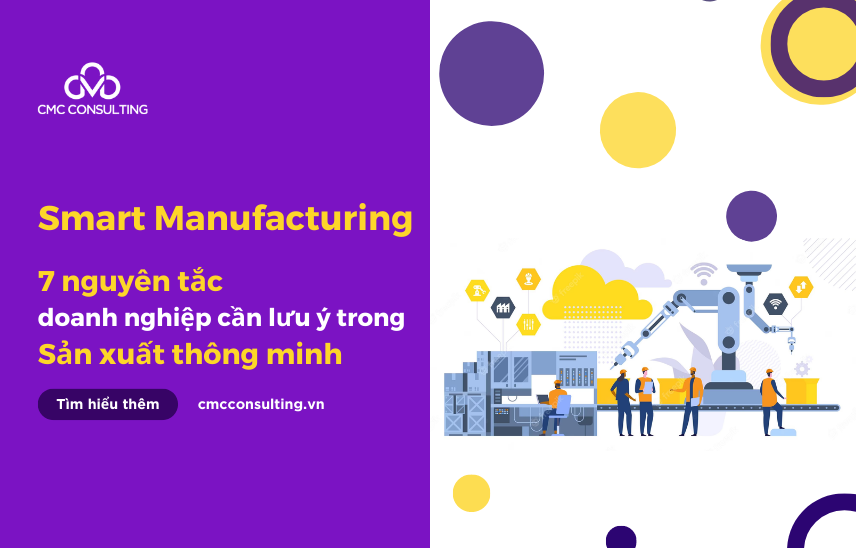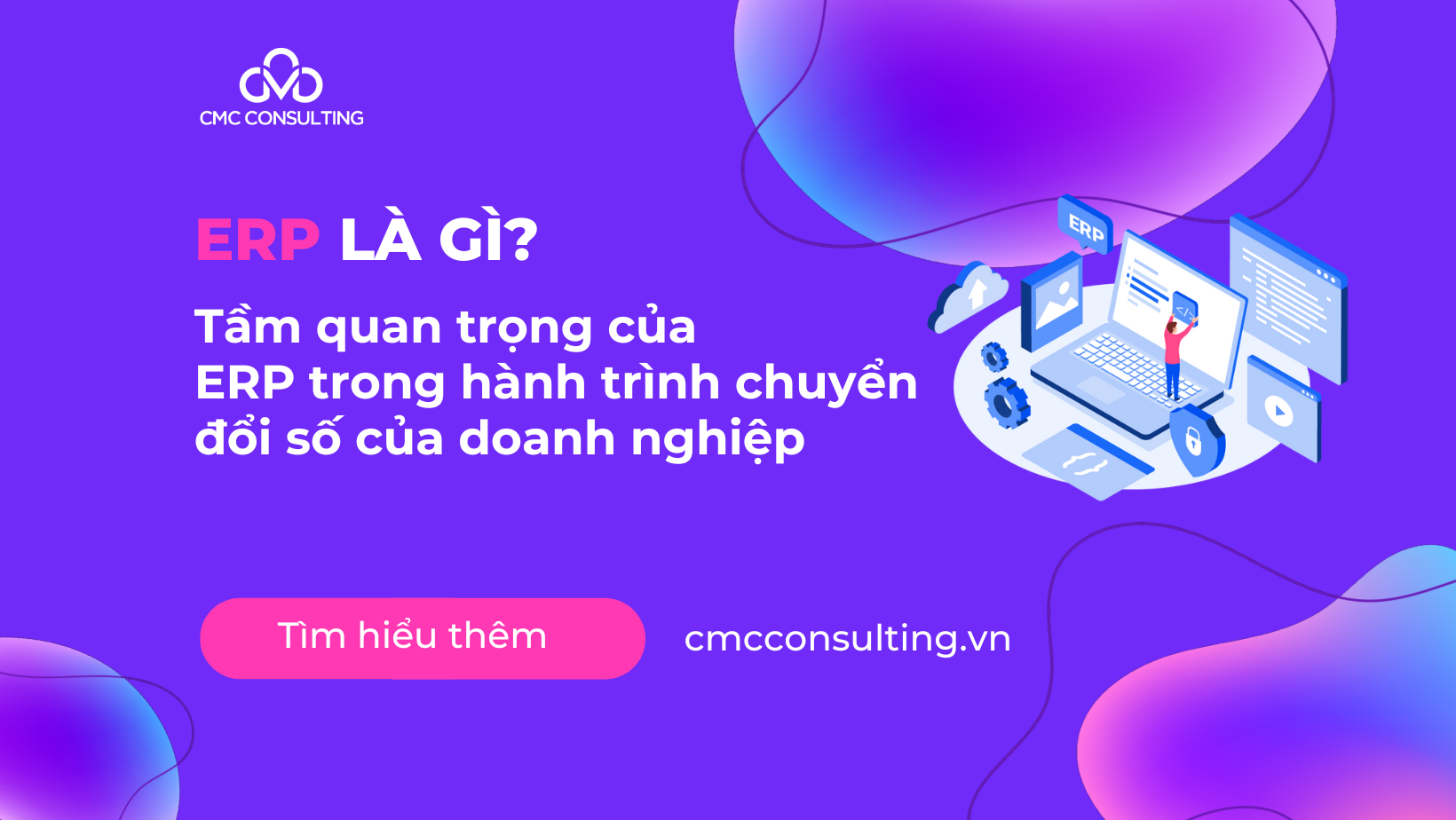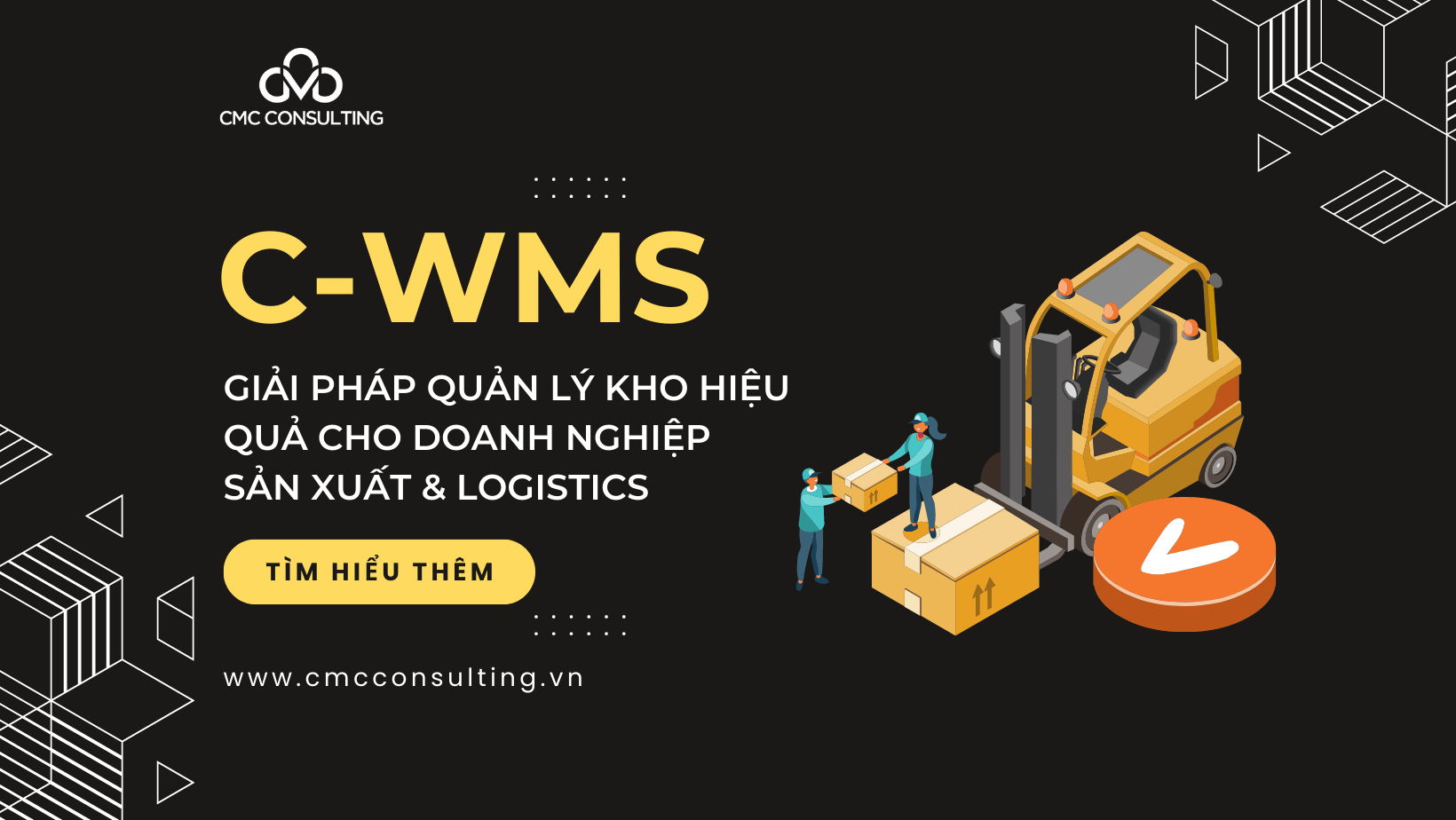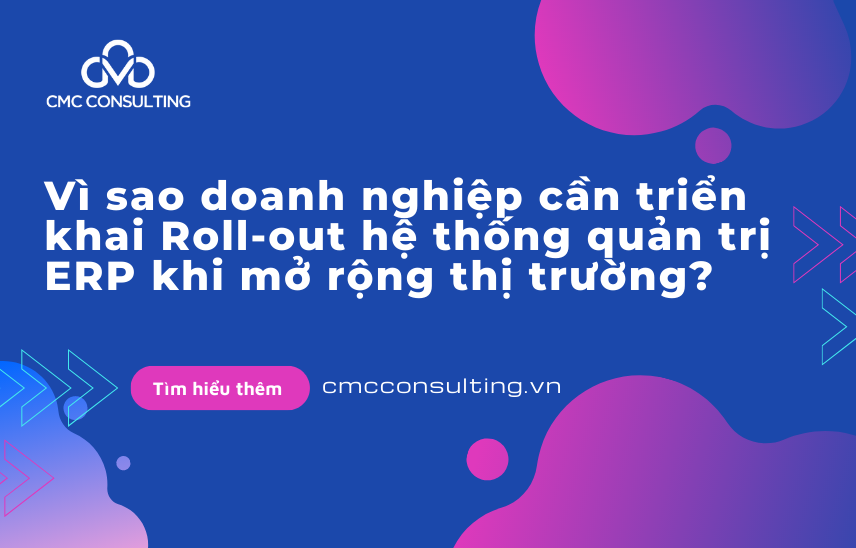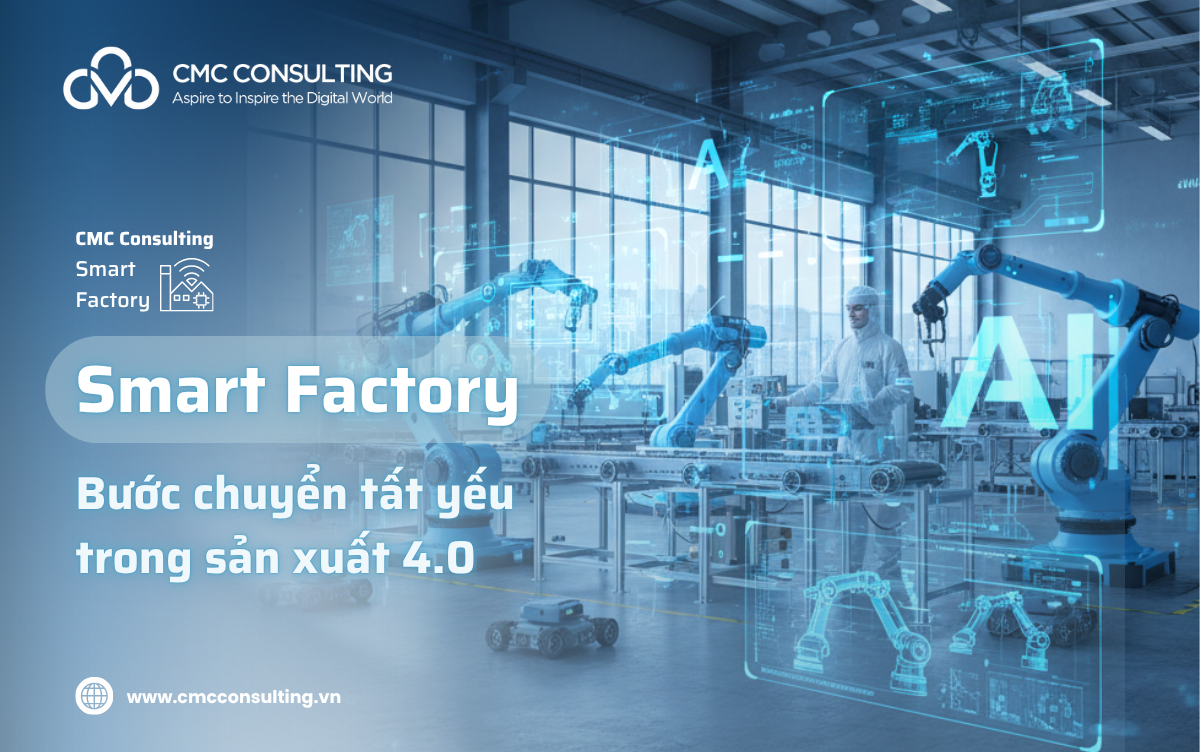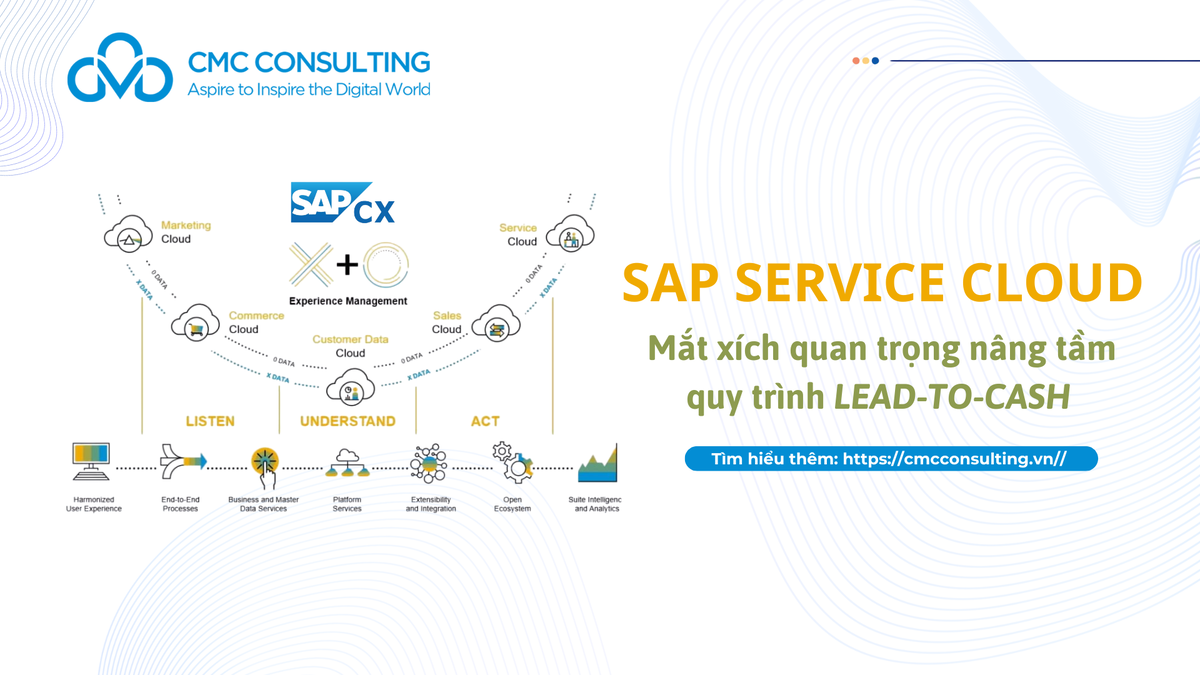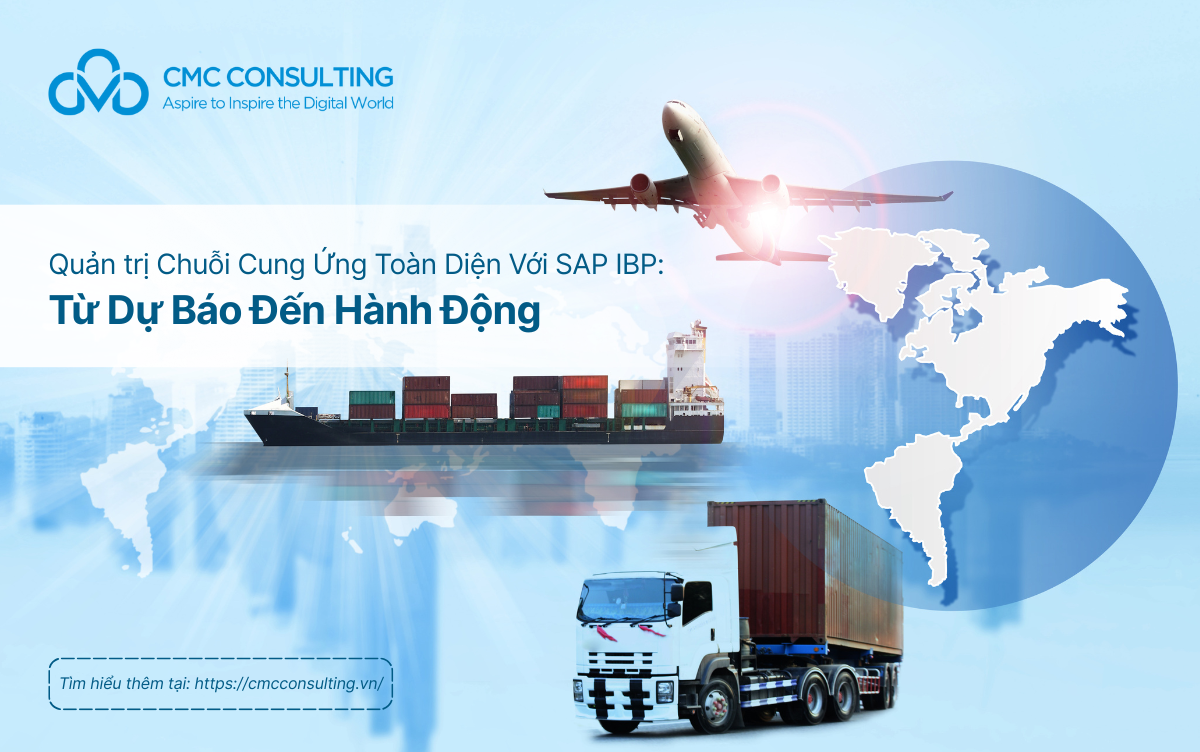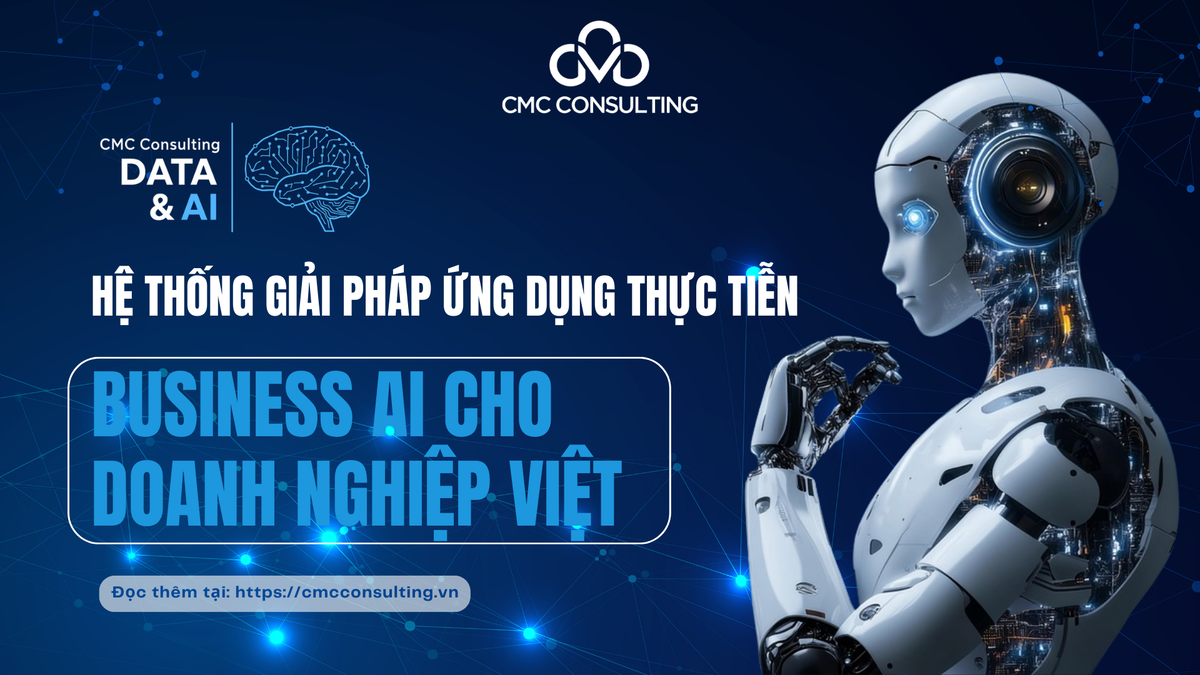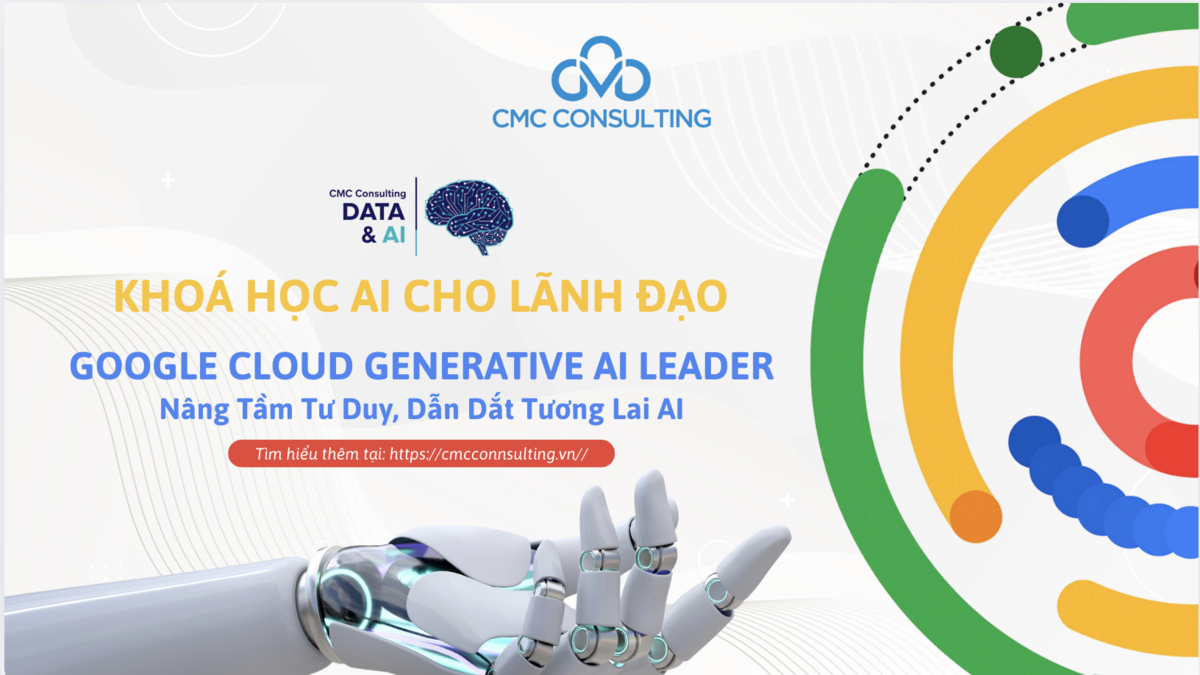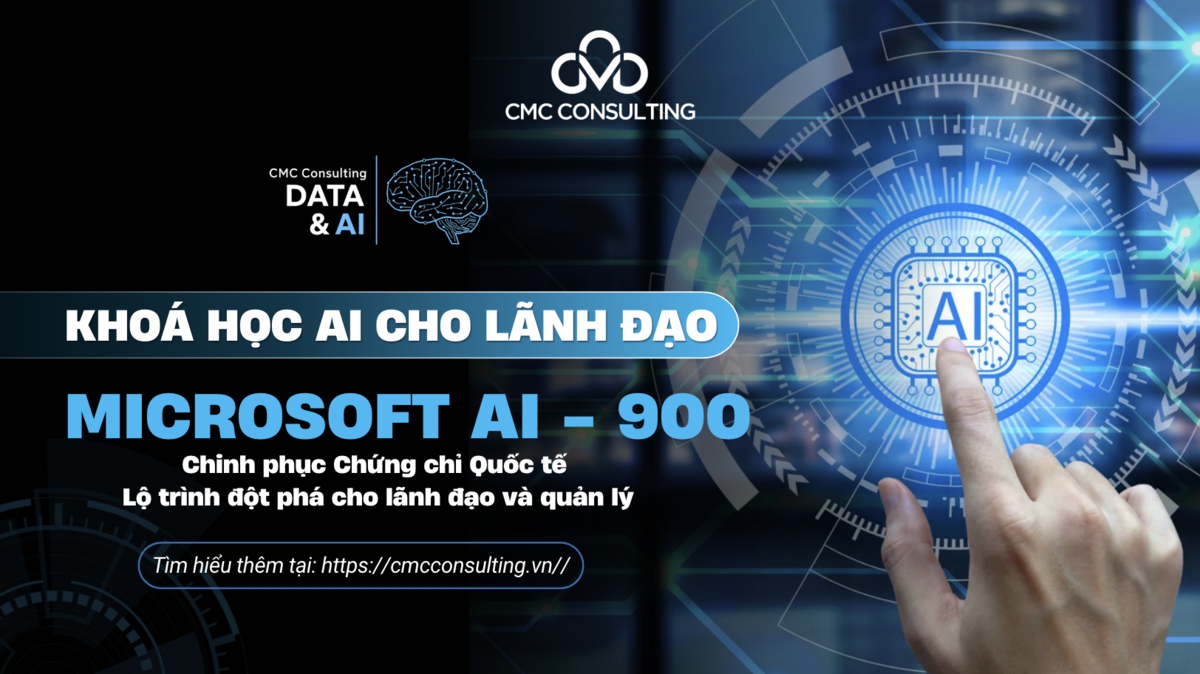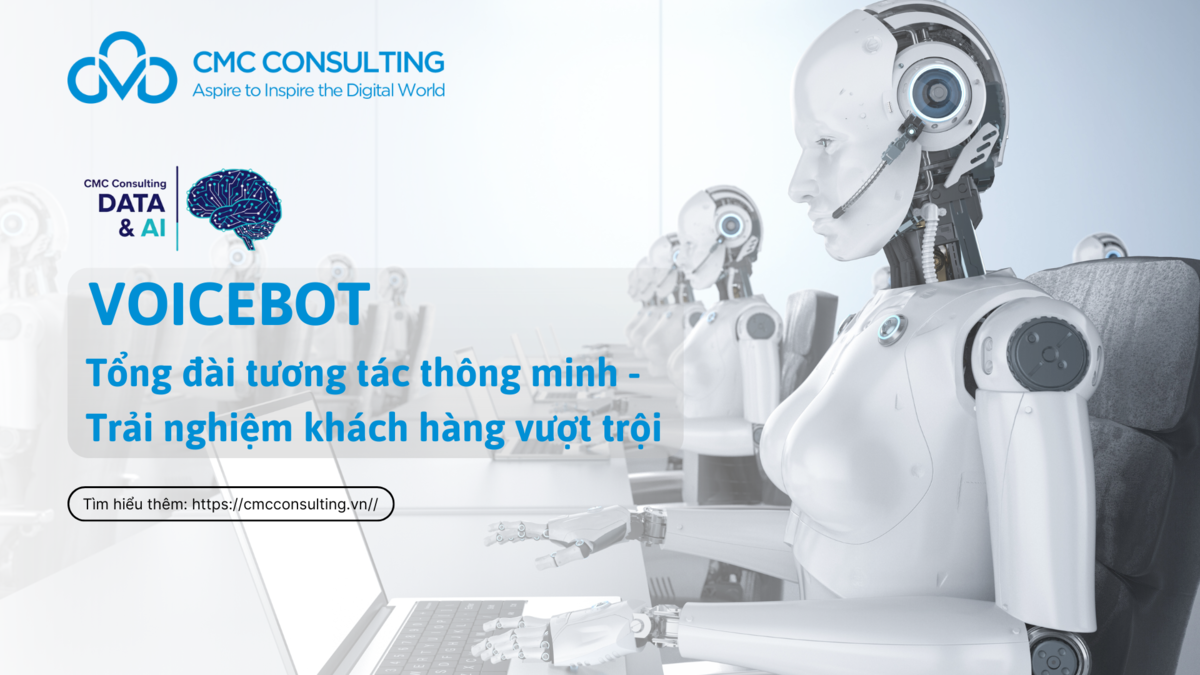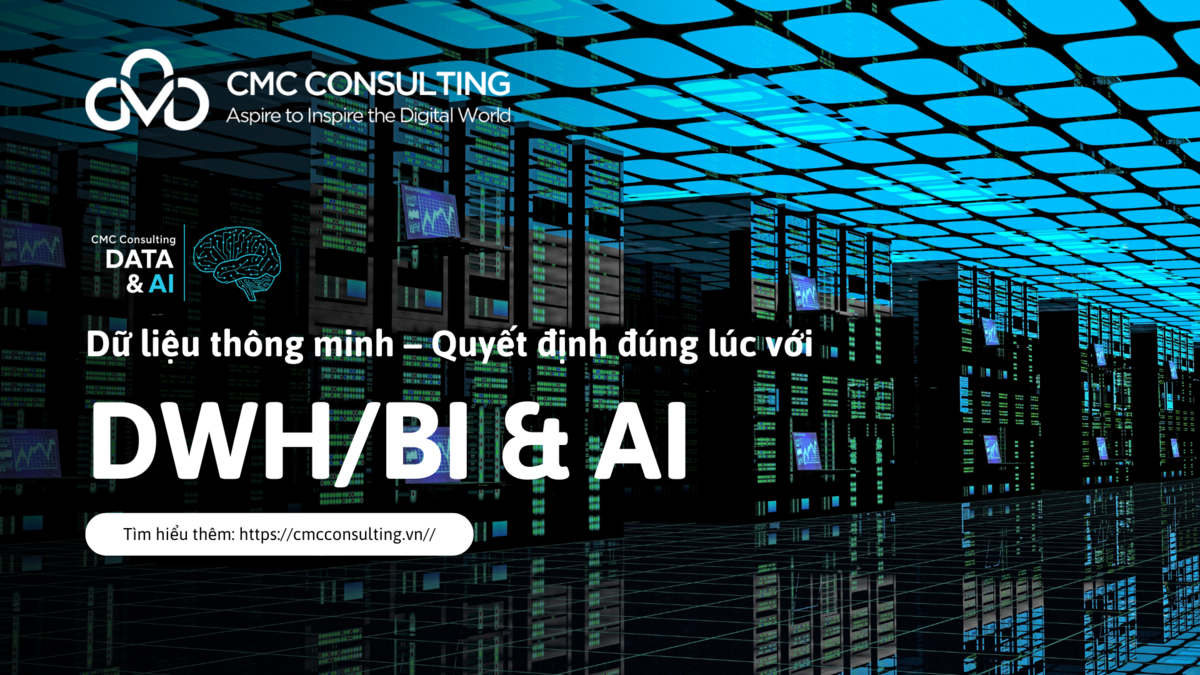
ERP is an acronym for the phrase Enterprise Resource Planning System, also known as an operational information system and business administration. This is a single system that integrates all core processes needed to run a company, including functional modules. Each business, each industry or sector has different running procedures, production and management characteristics, so there are also distinct requirements for the ERP system that the functions are suitable for the actual situation.
When being applied to business operations, the ERP system allows companies to adjust functions to match specific needs with the complete flexibility between departments to operate more smoothly and improve communication performance. In addition, the specialization of ERP into each industry / field helps businesses save time and costs in the implementation process, creating efficiency faster than current business management systems.
Here are the top 5 industries that need to implement ERP system to get a breakthrough in business operation:
1. Construction & Real Estate

According to KPMG, Real Estate is one of the fields with a high percentage of businesses that are interested in and investing in technology. By applying ERP, Real Estate and Construction businesses can gain value in operating core processes such as:
- Project Management and Subcontractors
- Increase the project possibility with the ability to manage details of each task, cost item, revenue; compare the plan with reality, closely follow the progress of the project.
- Improve planning with insight into each business transaction, ensuring productivity and project progress.
- Clearly identify cost items of the project, quickly calculate the construction cost and the expected selling price.
- Support contractor management, project documents and requirements from contractors.
- Real Estate Business Management
- Effectively manage lists of customers, real estate inventory.
- Timely update the status of each apartment, quickly give the latest report on the sold quantity, as well as the payment situation.
- Build a flexible price list, suitable to the specific requirements of the business.
- The sale and commission programs for the sales team and agents are designed flexibly.
- Allow flexible payment methods according to the agreement of each economic contract.
- Real Estate Operation Management
- Effectively manage maintenance and repair plans after handing over.
- Allow flexible payment methods for apartment fee items.
- Allow the integration of collection payment methods of electricity, water and parking.
- Real Estate Rental and Leasing Management:
- Detailed management of information (about project, building, land area, apartment, shop, leased location) from acreage, detailed design, construction materials to the distance to other sites.
- Contracts are quickly created, easy to access history data, show detailed monthly payment information, and support the reminder feature at important milestones.
- Record revenue/expenses by each rental and leasing organization, closely linked with asset and project management
2. Manufacturing

ERP solutions for the manufacturing industry bring a lot of benefits to enterprises to solve all business challenges in the following operations:
- Support tracking all activities taking place in the manufacturing process: Product planning, product forecasting and maintaining product quality.
- Automate,assist businesses in planning processes, scheduling production and delivery, personalized product services for each client.
- Quality control features and end-to-end audit processes are integrated into the ERP system, ensuring the best finished product.
- Shorten the time of a production cycle, improve the efficiency of production-related functions.
- Effectively manage all activities in the supply chain.
- Digitize supply chain processes in order to reduce costs and times of delivery.
- Simplify key processes and automate tasks.
- Support quotation, supplier information, purchase requisition and other activities, facilitate cooperation with suppliers, contractors and internal departments directly related to external organizations.
- Manage inventory and provide accurate and real-time information about warehouse operations and inventory levels.
- Optimize inventory levels by reducing inventory and waste, resulting in lower cost of equity.
- Reduce costs of quality management, reduce revenue loss due to inventory quality problems.
3. Retail

The ERP system for the retail industry includes many different modules with specific features such as:
- All retail inventory information is distributed to organizations in the retail chain, which helps businesses quickly streamline business processes.
- With the ability to handle huge amounts of data, the ERP system makes the flow of goods more easy, especially for global circulation.
- Inventory management at retail points.
- The sales process is carried out according to standard and smooth business processes throughout the enterprise, with stringent inspection and approval steps. This allows for optimization of profits and workflow.
- Integration with POS tools to make sales and payment transactions faster and more accurate, reducing customer wait times and allowing all transactions to be recorded in real-time.
- Simplify operational processes for retailers by providing accurate market information.
- Closely monitor information of human resources including tasks and work productivity.
- Allows businesses to track every deal in the fastest time with all the information to be able to analyze, find problems and draw conclusions.
- Control orders: track customer orders, take steps to improve quantity and customer satisfaction.
- Detailed arrangement of financial flows that helps businesses manage financial and accounting policies more effectively.
- Manage and automatically synchronize information as well as purchase history of each customer on the system.
- Plan to take care of customers through many forms such as: membership card, accumulated points, voucher, email, sms, etc.
Using ERP software for the retail industry will help businesses affirm their position compared to competitors, appropriately develop business activities, and increase profits through efficient working processes.
4. Banking & Finance

The ERP system helps to optimize the modules in the Finance-Banking industry to ensure security and safety, improve operational efficiency and support financial managers in making strategic decisions, while helping financial institutions to improve their operational capacity.
- Divide application segments according to different types of business activities and businesses such as: Finance-Banking business, Internal Applications, Financial Leasing Management, Securities Management, Debt and Asset Exploitation Management , Real Estate Management,...
- The data is aggregated at a data center, from which data can be exploited through the system of operational reports, management reports, reports payable to the State Bank and reports to leaders.
- Customer Relationship Management
- Allow to find and manage potential customers; record information, transaction history and customer experience.
- Support the implementation of Online and Mobile Banking functions to customers.
- The system synchronizes and optimizes the management of customer information, in order to offer suitable products and services, bringing the highest benefits to both customers and businesses.
- Minimize risks and errors arising in credit activities, in the process of operating and the scale development of commercial banks.
- Prevention and control of risks such as HR risks, operational risks,IT application operational risks, etc.
- Support loss recovery measures after the risk occurs to minimize loss for the business, ensuring all business activities take place continuously.
In addition, the ERP system also supports businesses with other expansion modules such as: Employee and Salary Management, Price Management, Supplier Relationship Management, ect.
5. Telecommunication

The implementation of ERP will help telecommunications companies to optimize business management efficiency and product and service quality; optimal use of telecommunications resources, and at the same time expand the business quickly and comprehensively; maintain good relationships with customers.
- Customer Relationship Management
- Support the process of deciphering information about customers, purchase history, loans and all personal information related to customers.
- The costing system for customers is integrated in the system for the purpose of storing financial information so that it is easy to access and analyze.
- Help businesses to improve customer satisfaction for telecommunications products and services as well as provide the best quality customer service.
- The asset management system helps employees maintain assets effectively while ensuring the needs of using assets within the allowable budget.
- Support to make accurate and flexible financial and operating decisions, as well as analyze and report scientific financial statements between departments in the business.
- Planning telecommunications resources:
- Support enterprises to maximize productivity while making optimal use of telecommunications resources.
***
ERP is applied in many different industries/fields and is one of the inevitable trends in the current digital age. The ERP implementation process requires businesses to carefully prepare as well as invest in resources. And more importantly, they need to have a credible partner to accompany them for the successful digital transformation.
Established in 2008, CMC Consulting (Successor company of CMC Ciber) is honored to be the Gold Partner of SAP Vietnam, a leading reputable supplier of SAP's consulting services and implementation of business management solutions. With leading and experienced ERP consultants, CMC Consulting is committed to providing customers with intensively designed ERP solutions suitable for different industries/fields with the best quality and competitive price. We believe that CMC Consulting's ERP solutions are the "golden" keys to help businesses optimize their operations, reduce costs and get the best business performance.
CMC Consulting - Empowering Businesses During the Digital Transformation!
Contact Us now:
Hotline: 024 7106 5555
Email: contact.cmcconsulting@cmc.com.vn





 CMC Consulting
CMC Consulting  14/02/2022
14/02/2022








